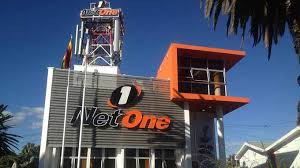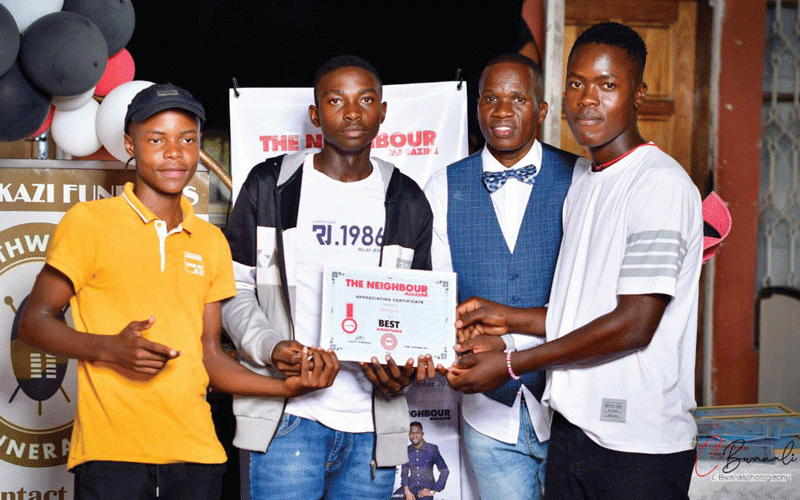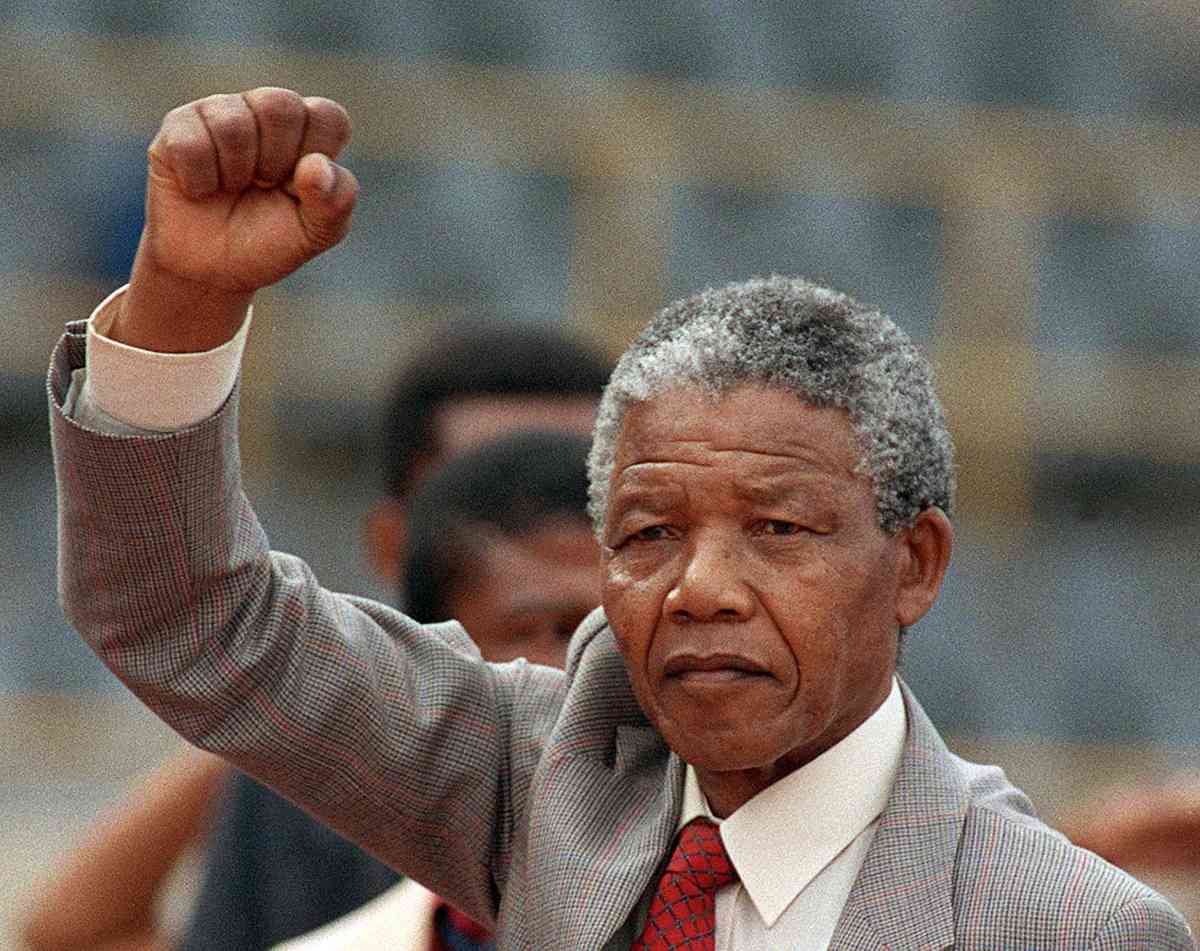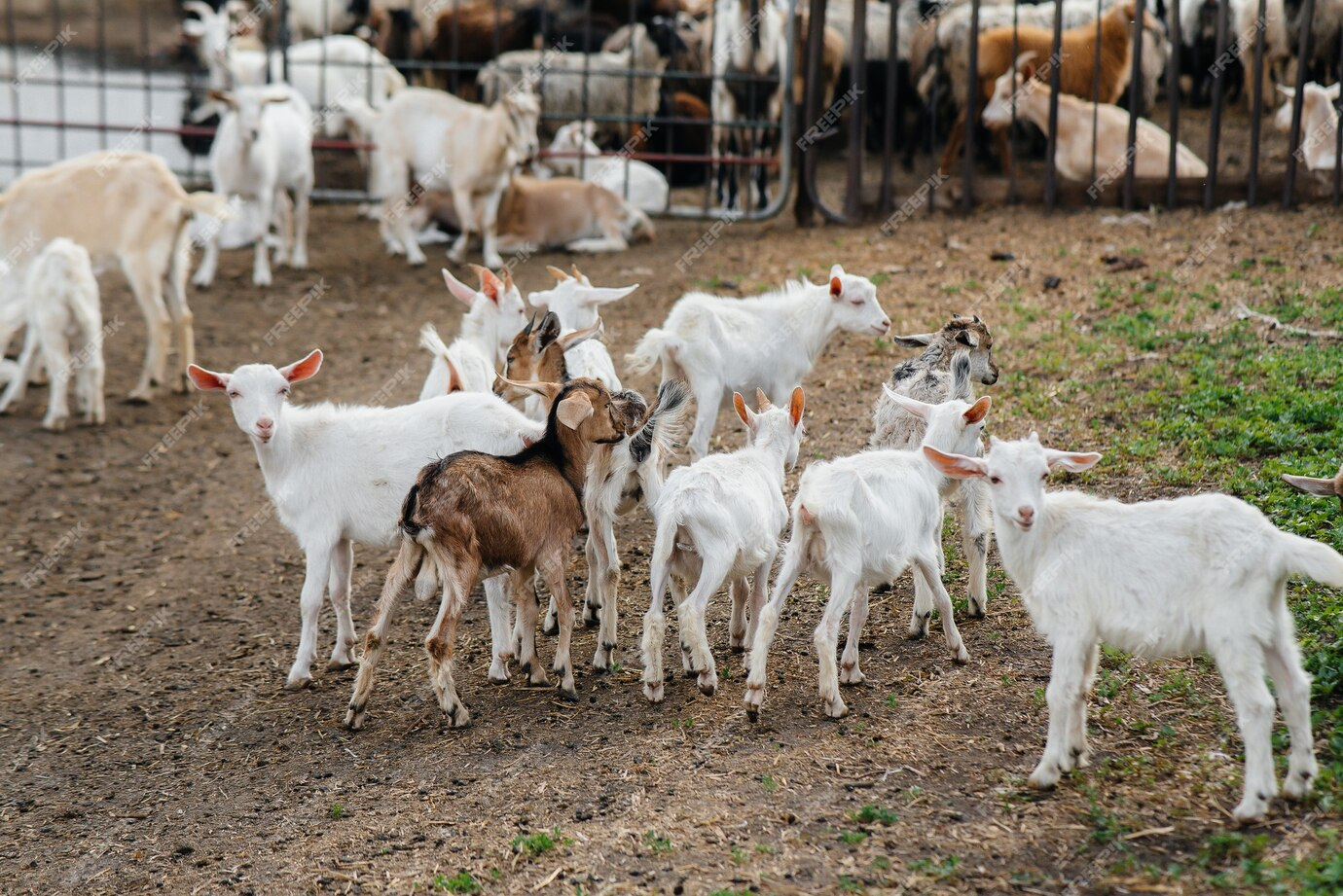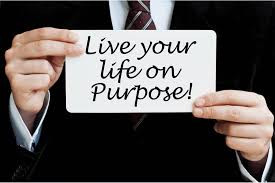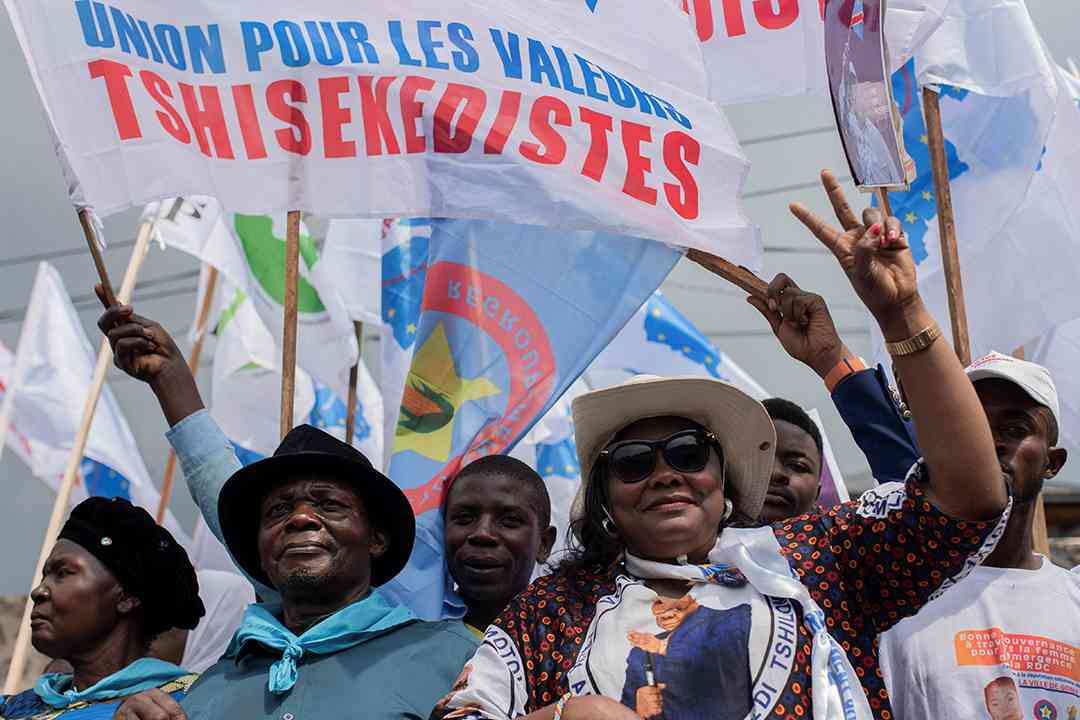
The Democratic Republic of Congo (DRC) held its national elections on December 20,2023.
Since the attainment of independence on June 30, 1960, the orchestration of the December 2023 elections was the first since the peaceful transfer of power between former president Joseph Kabila and the incumbent president Félix Antoine Tshisekedi Tshilombo in 2019.
This democratic exercise held the potential to shake the nation’s trajectory offering a pivotal road for progress and change.
In a pivotal moment for DRC, nearly 44 million Congolese out of the total 102 million people in the country were registered voters for the December 2023 elections.
Renowned for its vast natural resources, DRC’s elections have not been without controversies and persistent calls for postponement of the polls by opposition politicians who felt the government could not deliver flawless polls fell on deaf ears.
The situation was worsened by the withdrawal of five presidential candidates.
However, the cast was packed with 22 candidates participating and were required to pay 160 million Congolese Franc, equivalent to US$60,000 in a non-refundable application fee and whoever got the most votes in the first round would become the next head of state.
President Tshisekedi campaigned promising to progress the fight against more than 120 armed groups in the east to renew his mandate.
- In Full: Fifteenth post-cabinet press briefing, June 07, 2022
- Health talk: Let us remain vigilant about monkey pox
- Health talk: Let us remain vigilant about monkey pox
- Homesick refugees reconnect with home
Keep Reading
Among the most prominent challengers were the opposition candidate Moise Katumbi, a wealthy businessperson and former governor of the Katanga Province who wanted to fight against militia priority in eastern DRC and end the violence.
Another candidate was Dennis Mukwege, the winner of the 2018 Nobel Peace Prize.
He said peace could come by reforming security forces. Arguably, one of President Tshisekedi's main challengers was the former oil executive Martin Fayulu who many believed to have won the last elections in 2018, although official results put him in second place. He promised to end what he described as five years of corruption and insecurity under Tshisekedi.
Despite the challenges facing the nation, the electoral commission leader expressed confidence that preparations will meet the impending deadline setting the stage for a historic event with far-reading implications. However, after the once set the voting process began in DRC, the cornerstone electoral institution known as the Independent National Electoral Commission (CENI) faced many forms of criticism as many reports from different observer missions on-site reported that several people at several polling stations in DRC could not be able to vote because of the delay in delivering ballots papers and malfunctioning voting machines.
A report came out in some parts of the country such as Haut Lomami province where electoral commission agents were alleged to have sold votes to candidates.
An individual was caught possessing the electronic voting machine in his house where they were voting for themselves and there were cases of missing names on the voters’ roll.
The electoral commission had announced that voting was to continue the next day after encountering these delays.
The opposition candidates rejected the decision calling for a fresh poll by a new team of electoral officials. The Congolese law states that voting should start at 6:00 am to 5:00 pm.
However, reports came out that there were places where at 4pm voting material had not yet arrived, and people started damaging the electronic machines and other ballot papers in those areas. CENI decided to extend voting in those areas. Five opposition candidates rejected the idea, citing the electoral law which states that elections are supposed to be held for one day hence the head of the electoral commission did not have the power to extend the elections. The opposition was convinced based on the effects on the ground that the electoral commission did not prepare and called for elections to be postponed as they saw these as plans to rig the elections.
Congolese Information and Communication Minister, Patrick Muyaya, told France 24 that chaotic was not the proper word to describe the December 2023 elections by the Congolese government.
On December 31, 2023, CENI announced that Tshisekedi had won his re-election bid with more than 70% of the vote, followed by businessman Moise Katumbi who received 18% of the votes and Martin Fayulu with 5%.
Nobel Peace Prize winner Denis Mukwege, a physician renowned for treating women brutalised by sexual violence in eastern Congo, got less than 1%. On 20 January 2024, President Tshisekedi Tshilombo was inaugurated for the second term as President of the Democratic Republic of Congo.
The opposition leaders said the elections were a sham and they rejected the results.
The head of the Catholic Church in DRC also criticised the organisers of the polls.
DRC is the second-largest African country in size covering almost the whole of Western Europe, the country undergoing the course of a transformative democratisation process, and its elections are of greater significance to the rest of the African continent.
DRC shares borders with nine neighbouring States, hence its stability is for the continent.
DRC is endowed with vast reserves of strategic minerals which are key for energy transmission for the entire world. It also possesses the second-largest rainforest in the world which is key for keeping global climate in control.
Francine W. Makabu, a Congolese student at Africa University said: “I had the privilege of participating in the most recent election in DRC and, I can tell that it was neither free nor fair; people had to fight to cast an electoral vote; there weren't enough voting machines at polling stations because some politicians had already purchased them and were casting their vote from home”. Other machines were pre-programmed to support a particular candidate and there was nothing one as an individual could do or say to change the fact.
Therefore, bearing these in mind, DRC as well as all other African governments undergoing democratisation should always ensure that elections are well-prepared and organised in a way that meets both the political, economic, technological, and socio-cultural conditions within the country to prevent any form of electoral challenges in terms of delays, malfunctions and chaos.
Democracy being a very clear concept of representation, its achievement is hardly attributed to some forms of observed patterns that will eventually discredit the credibility, fairness, and freeness of any election.
- Jonathan Bukasa Kabanga is a final year student studying Bachelor of Science honours in International Relations and Diplomacy. He can be contacted on [email protected]
- Francine Waliuzi Makabu Currently studying international relations, aspiring diplomat and advocate for women's and children's rights. She can be contacted on [email protected]

